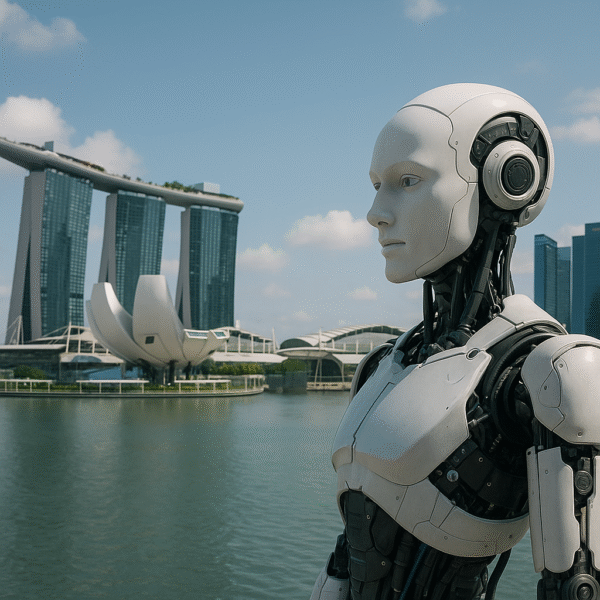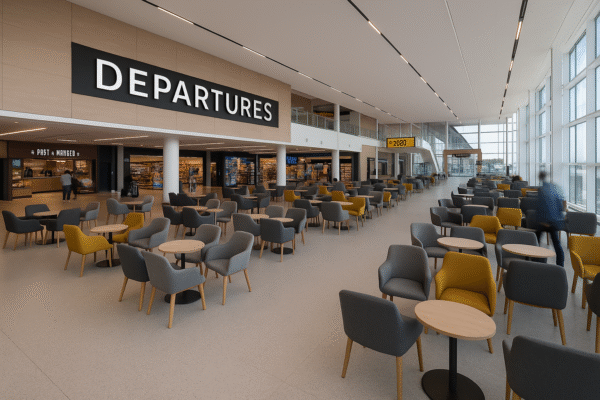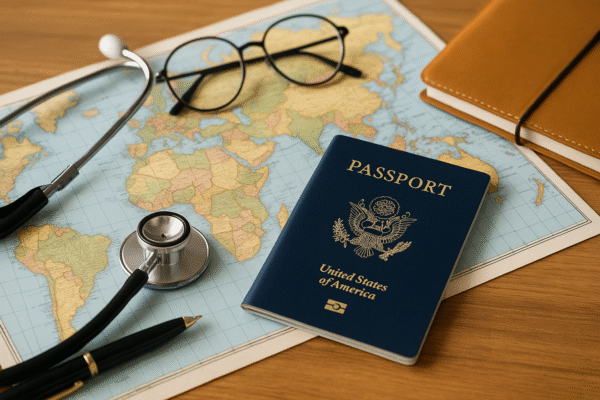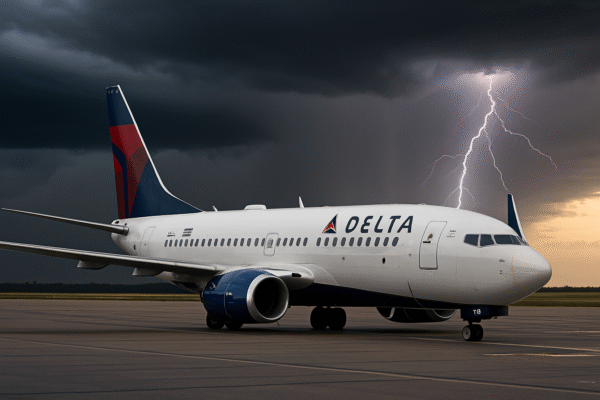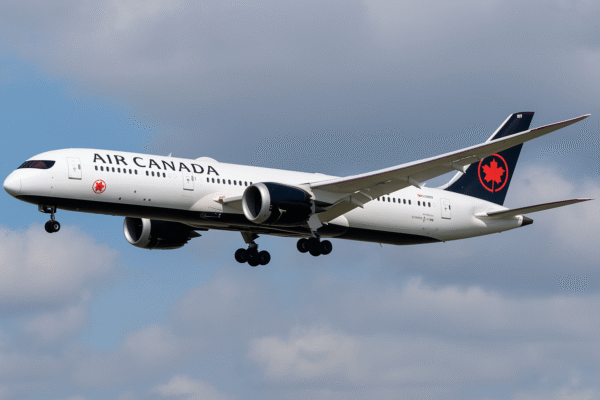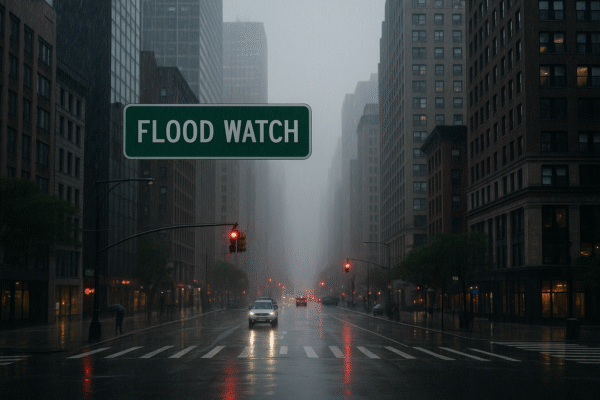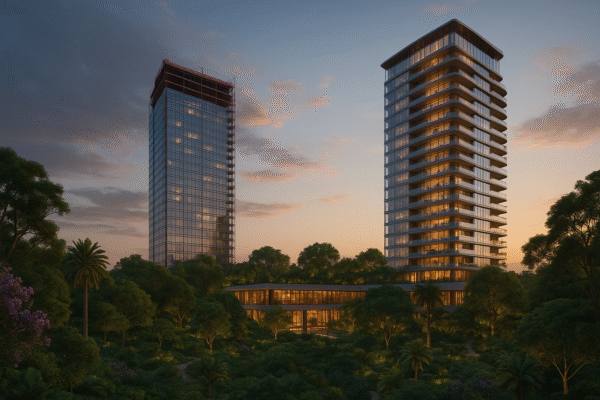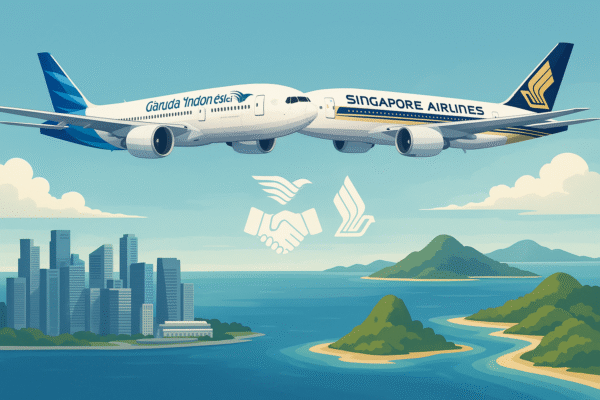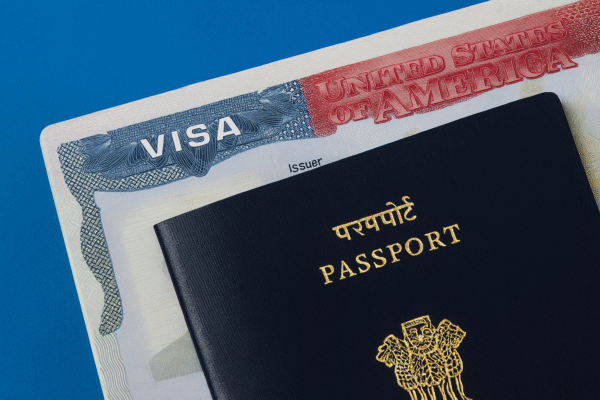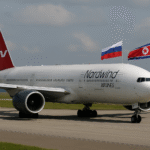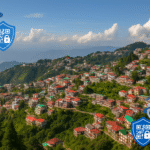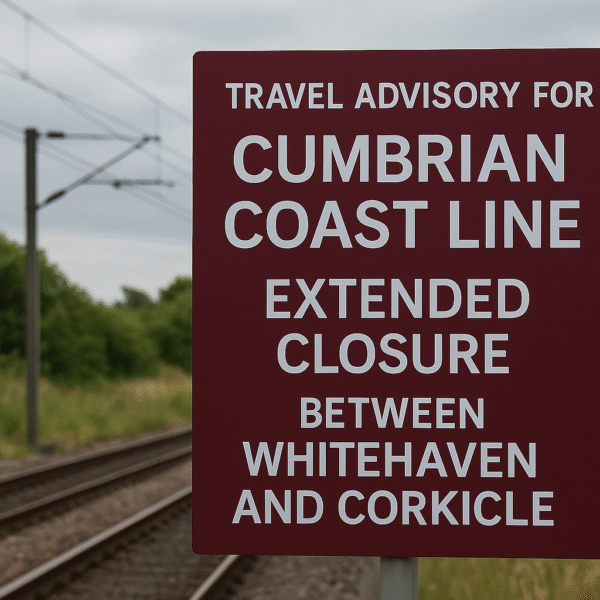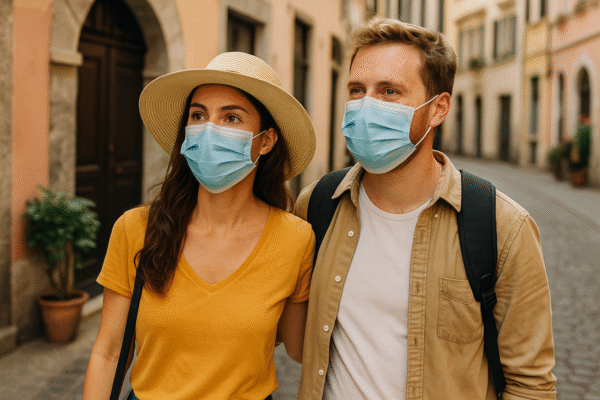Indian applicants planning to visit, study, or work in the United States in 2025 will face a new wave of visa regulations that significantly alter the application process. Announced under the Trump administration’s revived immigration strategy, the updated policies introduce enhanced scrutiny of applicants’ digital activity, new financial obligations, and tightened in-person interview mandates. These changes are part of the broader “One Big Beautiful Bill Act,” signaling a pivot towards more stringent U.S. border security and entry vetting.
Whether you’re preparing for higher education in the U.S., applying for an H-1B work visa, or scheduling a business or tourism visit, these regulatory shifts will likely impact how—and how soon—you can secure entry. Below is a breakdown of the most critical changes affecting Indian applicants in 2025.
1. Social Media Disclosure for Student Visas (Effective June 23, 2025)
From June 23, 2025, Indian applicants for F, M, and J visa categories—commonly used by students and exchange visitors—will be required to disclose all social media accounts from the last five years. Not only must usernames be included in the DS-160 form, but all profiles must be publicly accessible to U.S. consular officers.
According to the U.S. State Department, this move aims to bolster national security through digital vetting. Any posts interpreted as anti-American, extremist, violent, or antisemitic could result in an automatic flag or rejection. This includes previously private posts, as past usernames and linked profiles will also be reviewed.
Applicants are discouraged from deleting or deactivating accounts, as that may raise red flags during the review process. Experts recommend consistency across usernames, proper conduct online, and transparency with any controversial content.
2. $250 Visa Integrity Fee (Effective October 1, 2025)
Starting October 1, 2025, a non-refundable “visa integrity fee” of $250 (approximately ₹21,500) will apply to most nonimmigrant visas issued to Indian nationals. The fee, part of new congressional legislation, applies to countries not part of the U.S. Visa Waiver Program, including India.
This additional charge affects the following visa types:
- F-1/F-2 (Student visas and dependents)
- J-1/J-2 (Exchange visitor visas)
- H-1B/H-4 (Temporary workers and dependents)
- B1/B2 (Business and tourist visas)
When combined with existing MRV fees, SEVIS fees (for students), and potential reciprocity or fraud prevention fees, the total visa application cost for Indians could rise to nearly $475. The U.S. Department of Homeland Security has indicated that visa holders who comply with all regulations, such as timely departures or proper transition to lawful permanent residence, may be eligible for a partial refund—though the refund process has not yet been outlined.
3. Tighter Interview Waiver Criteria (Effective September 2, 2025)
Beginning September 2, 2025, the U.S. will significantly curtail its interview waiver program. Most Indian visa applicants—even those renewing a previous visa—will need to attend an in-person interview unless they fall into limited exempt categories such as:
- Accredited diplomats or foreign officials
- Select renewals with no visa denials or ineligibility issues
While waivers may still apply to some B1/B2 visa renewals, the final discretion lies with consular officers. Even qualifying applicants could be called in for interviews, adding an element of unpredictability to the process.
This policy reversal comes after pandemic-era waivers allowed many Indian travelers to skip interviews, drastically reducing processing time. The new rules could reintroduce longer wait periods at U.S. consulates in New Delhi, Mumbai, Chennai, Hyderabad, and Kolkata.
What This Means for Indian Travelers
These visa policy changes represent a fundamental shift in the way Indian applicants interact with the U.S. immigration system. The integration of social media reviews signals an expansion of digital surveillance, while the added visa fee increases the financial burden for travelers already facing rising education and travel costs. Meanwhile, the rollback of interview waivers could lengthen application timelines by weeks, or even months, depending on seasonal demand.
Indian students, professionals, and families intending to travel to the U.S. in 2025 are urged to:
- Audit their social media content for public visibility and tone
- Budget for higher visa application fees
- Plan well ahead to accommodate in-person interview scheduling
- Consult with verified immigration advisors to stay updated on policy nuances
Industry & Government Response
India’s Ministry of External Affairs has yet to issue an official response to these changes, but diplomatic engagement is expected. U.S. embassy officials in India have begun internal training to manage anticipated surges in interview demand. Additionally, the U.S. State Department reaffirmed its commitment to legitimate travel and study opportunities, despite the heightened regulations.
EducationUSA, an official U.S. government-backed resource, is advising prospective Indian students to begin applications at least 6–9 months ahead of intended program start dates to avoid complications.
Conclusion
With the U.S. preparing to tighten its visa rules for Indian travelers in 2025, navigating the application process will require more preparation, transparency, and time than ever before. While the new measures may be rooted in national security concerns, they undeniably place added pressure on genuine travelers, students, and professionals.
As both India and the U.S. navigate this evolving policy landscape, proactive applicants who stay informed and plan early will be best positioned to secure a smooth entry into the United States.
For more travel news like this, keep reading Global Travel Wire

